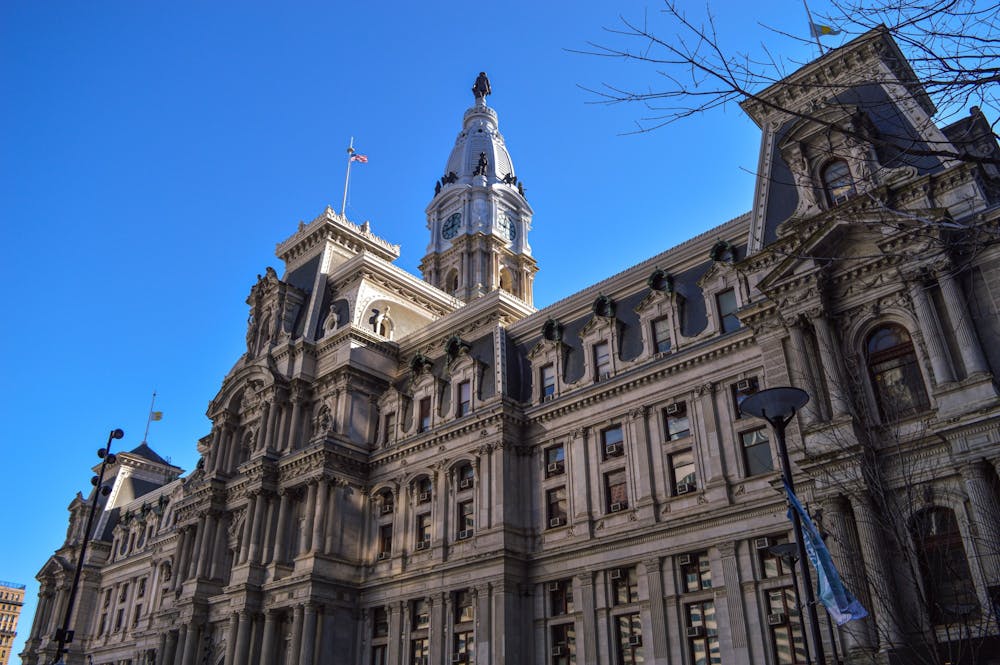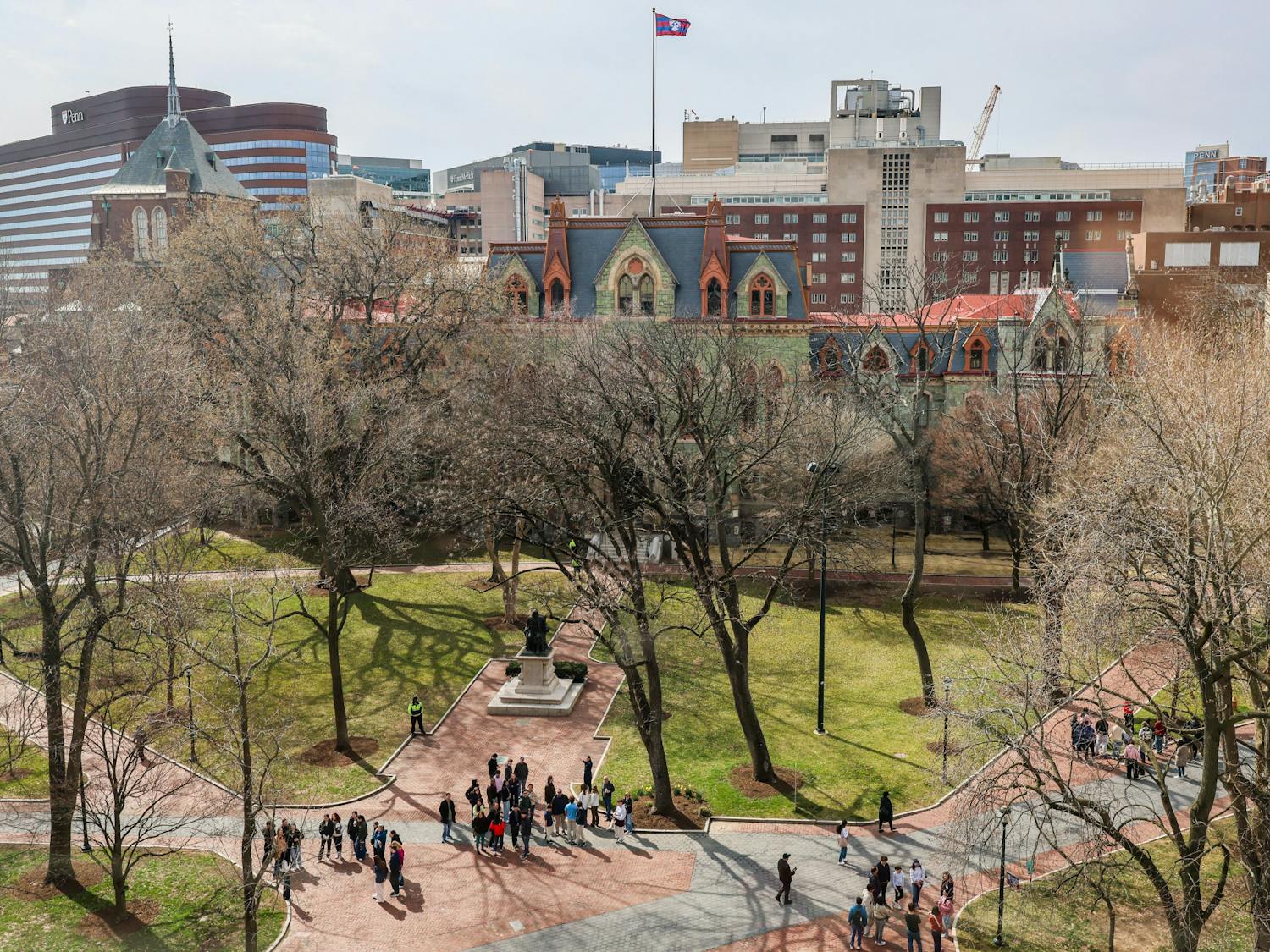Philadelphians will feel the impact of the $1 trillion federal infrastructure package, with new funding for SEPTA and the Delaware River watershed.
The $1 trillion infrastructure spending bill, which has been passed by both houses of Congress, represents the largest piece of federal investment in infrastructure in the nation’s recent history, according to The New York Times. The funding will primarily go towards local bridges, highways, and public transportation.
The Delaware River watershed, the source of Philadelphia’s drinking water, will receive $26 million in funding to assist in environmental preservation and conservation efforts. Pennsylvania will also receive $11.3 billion in highway funding and $1.6 billion to assist in updating bridges, according to The Philadelphia Inquirer.
The Inquirer reported that $2.8 billion will be funneled into improving Pennsylvania’s public transportation, including updates to SEPTA. The regional transit system will also receive an additional $120 million in federal funding this year. SEPTA already secures roughly $300 million in funding annually, according to the Inquirer. By 2026, it is estimated that SEPTA will have received an additional $540 million in federal funding.
Penn’s Center for Safe Mobility recently worked with SEPTA, assisting in their efforts to rebrand the transit network and make the system easier to use. According to the Inquirer, SEPTA plans to seek money from a Federal Transit Administration discretionary grant. Using this money, SEPTA hopes to fund a $1.8 billion upgrade to the trolley system and the expansion of its rail line to King of Prussia.
The bill also seeks to better communities through removing highways that have divided them. For example, in Chinatown, residents and local officials have expressed concerns that the Vine Street Expressway divides the community. With the funding that the bill provides, similar highway barriers could potentially be taken down.









